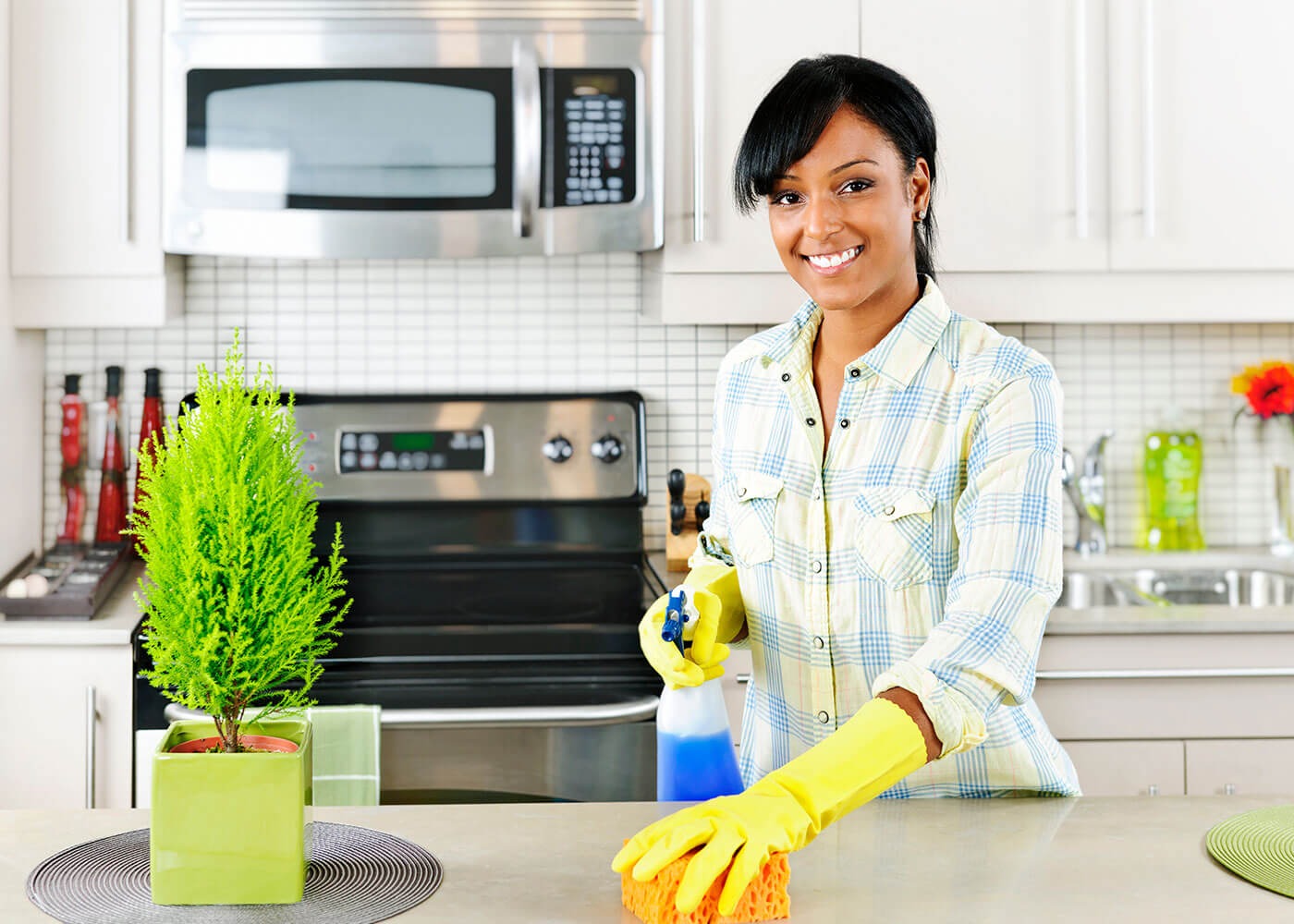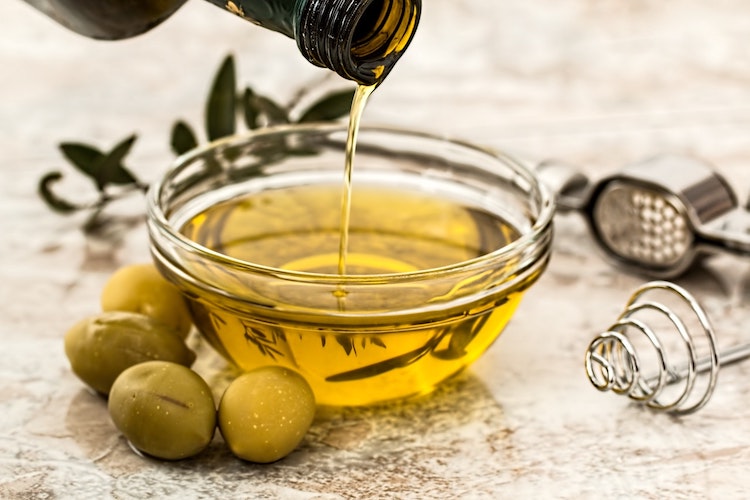Cleaning kitchen cabinets can seem like an overwhelming task, especially when it comes to the insides. However, maintaining a clean kitchen is essential for both sanitary reasons and the longevity of your kitchen investments. In this article, we'll delve into how to clean inside kitchen cabinets in a way that is both efficient and thorough.

Why Cleaning Inside Kitchen Cabinets is Important
One of the often-overlooked areas in kitchen hygiene is the inside of the cabinets. While it's easy to focus on countertops, floors, and the exterior of cabinets, the insides can accumulate a surprising amount of grime and unwanted materials. This can affect your kitchen hygiene and potentially lead to pest issues.
Preventing Pests
Food crumbs and spills inside cabinets can attract pests like ants, cockroaches, and even rodents. Regular cleaning helps eliminate these attractants, making your kitchen less inviting to unwanted guests.
Improving Cabinet Longevity
Dirt, moisture, and food spills can deteriorate the material of your cabinets over time. Regular cleaning helps preserve their quality and appearance, making them last longer and look better. If you're looking for additional kitchen cleaning tips, Real Simple offers great advice.

Materials Needed for Cleaning
To get started on cleaning inside your kitchen cabinets, gather the following materials:
- Cleaning cloths or sponges
- Mild dish soap
- Bucket of warm water
- White vinegar
- Baking soda
- Old toothbrush
- Shelf liner paper

Step-by-Step Guide to Cleaning Inside Kitchen Cabinets
Here is a detailed, step-by-step guide on how to clean inside kitchen cabinets effectively.
Step 1: Empty the Cabinets
Start by removing all items from your cabinets. This will make it easier to clean and give you a chance to declutter. Sort through pantry items and discard anything that's expired or no longer needed.
Step 2: Dust and Vacuum
Use a vacuum cleaner with a brush attachment to remove any loose crumbs and dust. Pay special attention to the back corners and edges where debris tends to collect.
Step 3: Wipe Down with Soap and Water
Mix a few drops of mild dish soap into a bucket of warm water. Dip a cleaning cloth or sponge into the solution, wring it out, and wipe down all surfaces inside the cabinets. For tougher spots, you can use an old toothbrush to scrub.
Step 4: Degrease with Vinegar
Prepare a solution of equal parts white vinegar and water. This acts as a natural degreaser. Wipe down the cabinet surfaces again to remove any remaining greasy residue.
Step 5: Address Stubborn Stains with Baking Soda
For stubborn stains, sprinkle baking soda on a damp sponge and gently scrub the area. Baking soda is a mild abrasive that can lift tough grime without scratching surfaces.
Step 6: Dry and Apply Shelf Liner
After cleaning, use a dry cloth to wipe down all surfaces to prevent moisture buildup. Once dry, you can apply shelf liner paper to protect the cabinet shelves and make future cleaning easier.

Maintenance Tips for Keeping Cabinets Clean
Cleaning inside kitchen cabinets doesn't have to be a daunting task if you maintain them regularly. Here are some tips for keeping them clean:
- Wipe down shelves after handling food items.
- Conduct a monthly mini-clean to remove crumbs and spills.
- Use airtight containers to store food and reduce spills.
FAQs
How often should I clean inside my kitchen cabinets?
It's a good practice to clean the inside of your kitchen cabinets at least every three to four months. However, if you notice spills or crumbs, it's best to clean them up immediately to avoid attracting pests.
Can I use commercial cleaners inside my cabinets?
While you can use commercial cleaners, sticking to mild dish soap and natural solutions like vinegar and baking soda is often safer for both your health and the longevity of your cabinets.
What's the best way to prevent pests in my kitchen cabinets?
Regular cleaning is key. Make sure to promptly clean up spills, use airtight containers for food storage, and consider using natural repellents like bay leaves or essential oils to deter pests.
For additional tips on keeping your kitchen clean and organized, check out this Good Housekeeping cleaning guide.
As an Amazon Associate, I earn from qualifying purchases.






Leave a comment
This site is protected by hCaptcha and the hCaptcha Privacy Policy and Terms of Service apply.